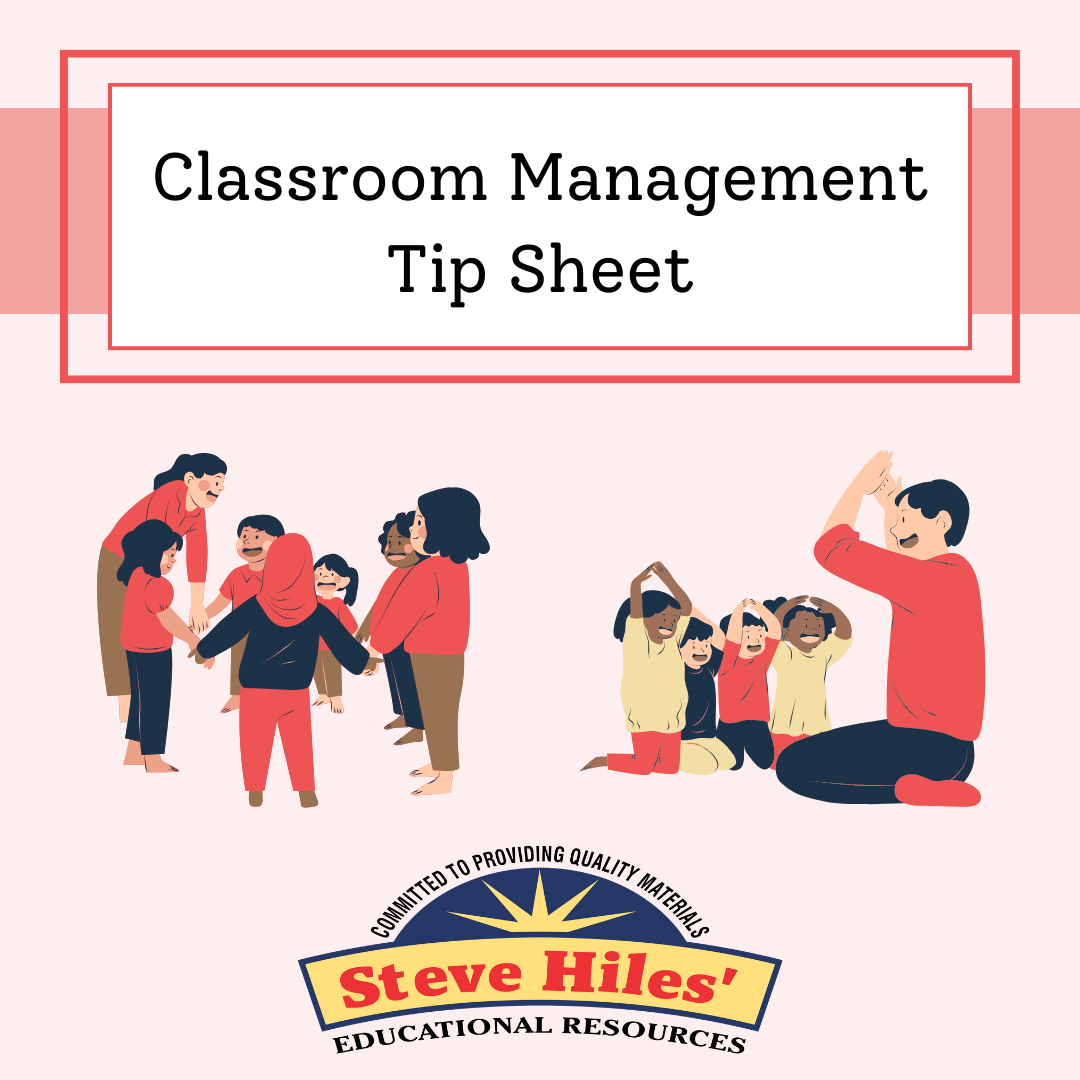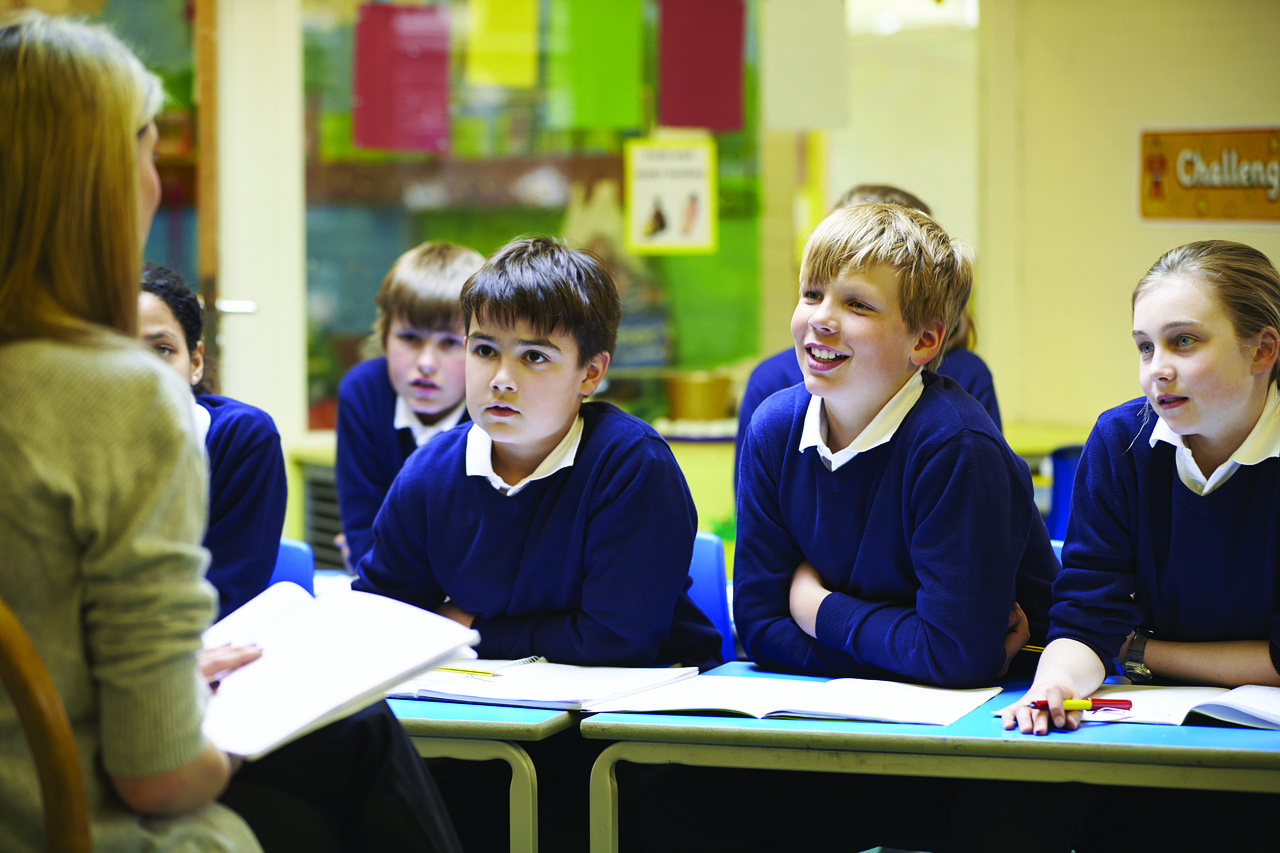What are your expectations of the first day of school? What are your assumptions about people, places, things, ideas, and experiences? Our expectations and assumptions can make big differences in how well things go — both on the first day and throughout the school year. Your attitude counts!
If you enter the classroom with the mindset of someone who “assumes the worst,” you may expect that the students will be noisy and difficult to control – and so they probably will be exactly that. On the other hand, if you are expecting quiet, well-behaved students who raise their hands to ask questions and remain quiet whenever you want to speak, you may be bitterly disillusioned. No classroom in the world is entirely filled with “good” or “bad” students.
When your students walk into the classroom, how will you greet them? What will be their first impression of you? Will they think you are friendly or formidable? A wimp or a tyrant? That first impression can shape the whole school year. Striking a balance between creating a positive relationship with students while retaining a level of authority and control can be key to a teacher’s success.
Table of Contents
ToggleThe first impression on the very first day is CRITICAL
Consider how adults socialize when they make new acquaintances. Don’t we take time to ask each other our names, where we live and where we come from? Don’t we want to share information about our jobs, hobbies, interests and our families? Maybe we have mutual acquaintances or have been to the same places. We may even have met before. Those initial conversations establish our connections and we take in a lot of information about each other.
Non-verbal impressions communicate even more strongly than do words. Some social scientists estimate that perhaps 93% of our communications are non-verbal. 2 We observe each other and gather thousands of subconscious impressions. Eye contact, body language, tone of voice, facial expressions, quality of energy in gestures – these are just some of the ways we communicate who we are and what we gather as our impressions of other people.
When you start planning for the first day of school, I urge you to “put yourself in your student’s shoes.” Think about the students’ impressions of you. How will you appear to them? Young people are just learning to negotiate social roles and many are very “fashion-conscious.” Your clothes, hair, skin, and general appearance will tell them a lot – or they will assume they know – about who you are.
Even such small items as the jewelry you wear can convey meaning. Do you avoid jewelry altogether or do you load on the bling? One college professor became known on campus for wearing a colorful scarf looped through a solid gold ring every day instead of a tie. Long dangling earrings can become a distraction for students but small pearl or gold studs can help students focus on watching your face.
It is the small but crucial choices you make about your appearance that will communicate most about you in the early days. In another chapter, we will talk about your other non-verbal communication, especially what your body language conveys.
Consider the appropriate attire for your school
In many private and religious schools, teachers are usually required to dress quite formally. In schools that require students to wear uniforms, there is normally a dress code for the
teachers as well. However, throughout the U.S. within the public school system, dress has become increasingly informal.







